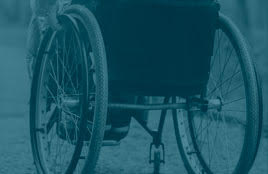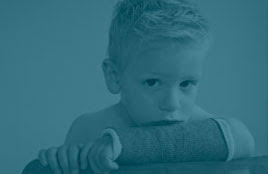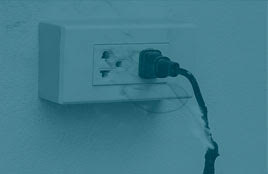I wish I could hand you a “magic pill” that would assure that your child didn’t have to stay home from school, sick. Better yet, that you wouldn’t receive that plan-crushing call from the school nurse to come pick up your child. What wouldn’t you give to avoid the scene where you get to school to collect the pale, bedraggled child who is suffering from the latest thing that is “going around?”
I’ve been there, collecting the walking wounded from the nurse’s office. I’ve even filled in for the school nurse upon occasion (there’s a special place for school nurses in heaven). It is actually normal for young children to have six to eight upper respiratory tract infections (coughs and colds) and two or three gastrointestinal infections (vomiting, diarrhea) each year. Usually caused by a virus, each episode typically lasts several days.
As your children get older, their immune systems will develop and become stronger, and this will mean they get sick less often. But what can you do to reduce your children’s sick days in the meantime?
• Have your children immunized. Be sure to visit your pediatrician so that your children are up-to-date on their vaccinations. For example, the Centers for Disease Control and Prevention (CDC) recommends that everyone six months and older get a flu shot each year. This shot may spare both your children and you from many uncomfortable days with illness.
• Teach good personal hygiene techniques. At an early age, a child should learn—from your example—how to wash their hands. Hand washing may be the single most important step you and your children can take to prevent the common illnesses and infections encountered during the school year. As early as possible, get your child into the habit of washing their hands:
• After using the toilet.
• Before meals or snacks.
• After wiping their nose.
• After playing outdoors.
Good hand washing means much more than just running the hands under water and applying a smidgen of soap, The CDC recommends the following steps for proper hand washing:
• Wet your child’s hands.
• Apply bar soap or liquid soap to the hands.
• Rub the hands vigorously together. Scrub every surface completely: front and back, under the fingernails and between the fingers.
• Keep rubbing and scrubbing for 10 to 15 seconds (long enough to sing the Alphabet Song, this makes for a great game and is a great way for preschoolers to develop a positive habit), then rinse.
• Dry the hands with a clean towel.
Antibacterial soaps are no better at washing away dirt and germs than regular soap, and regular soap and water are more effective than using waterless gels, rinses, and hand rubs or hand sanitizers. However, when water and a sink are not available, sanitizer is a good alternative.
• Cough and sneeze nicely, please. Teach your child to cough or sneeze into a tissue, then immediately throw it away. Or, cough or sneeze into their shirtsleeves—not into their hands, which quickly spread germs. Nowadays, children are taught to sneeze or cough into the crook of their elbow, hoping to avoid sneezing the germs onto their hands, which can then spread the germs to other children or surfaces. After coughs and sneezes, wash those hands again!
• Keep hands away from face. Because hands come into contact with germs throughout the day, keeping them away from the face decreases the risk of transferring germs to the eyes, nose or mouth. Hand hygiene is the best way to prevent infections, but limiting hand-to-face contact also improves the chance of staying well.
• Don’t share personal items. Although we encourage our kids to share, it’s not a good idea to share personal items like combs, brushes, hats, razors and towels, as germs can spread that way. Teach children that these items are for their use only.
Will this be the cure for sick days home from school? No, but if it saves you from even one day at home with a feverish, cranky child, it’s worth it – and it will encourage good habits in your child that can last a lifetime.






